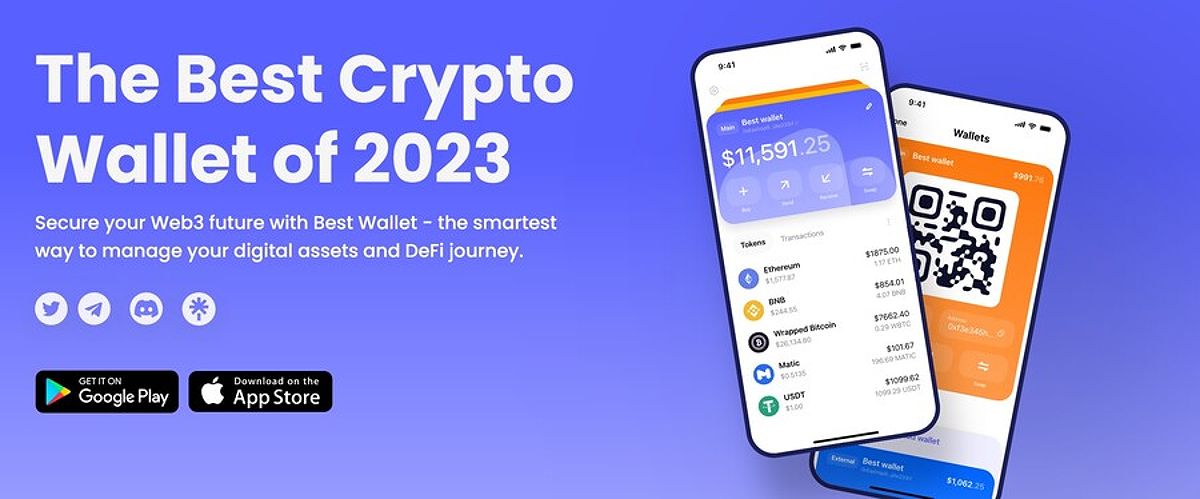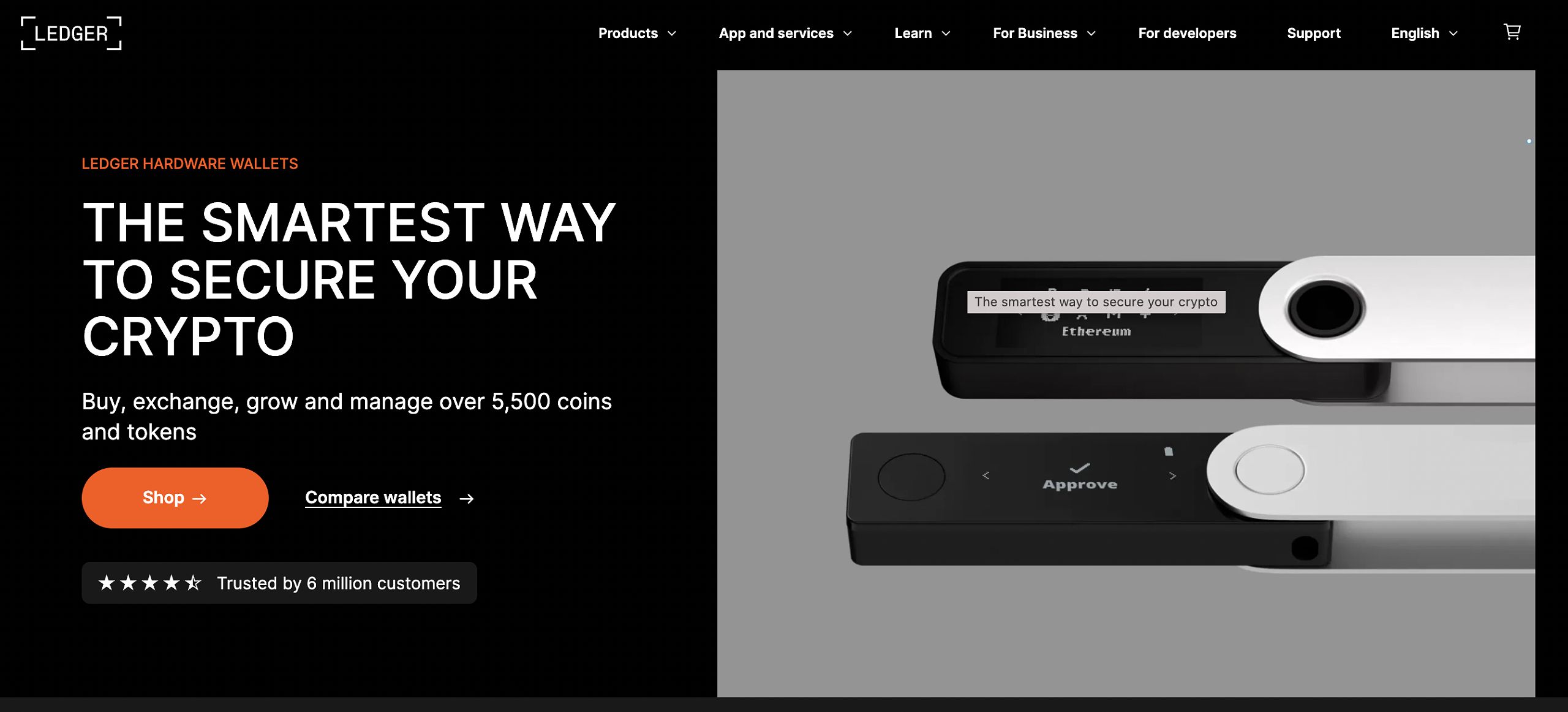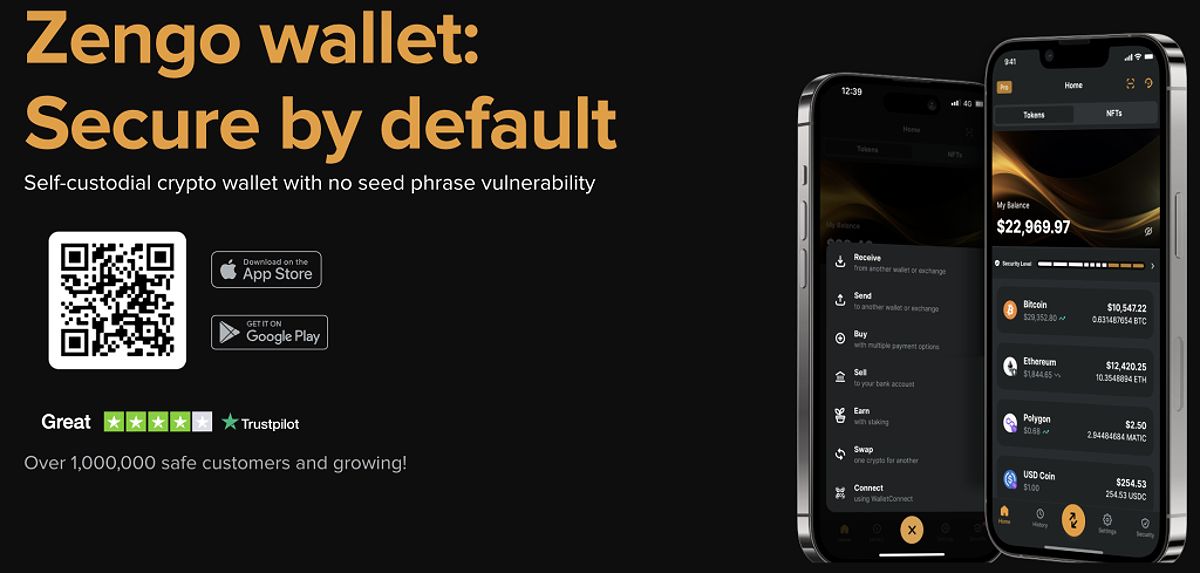As the cryptocurrency landscape continues to evolve, the concept of non-custodial crypto wallets has gained significant traction among digital asset enthusiasts. These innovative wallets empower users to take full control of their cryptocurrencies, challenging the traditional custodial model that has long dominated the industry.
Understanding Non-custodial Crypto Wallets
Non-custodial wallets are decentralized, self-hosted solutions that put users in the driver’s seat of their cryptocurrency holdings. Unlike custodial wallets, where a third-party service holds your private keys, non-custodial wallets grant you exclusive control over your digital assets.
At the core of a non-custodial wallet is a set of private keys, which serve as the gateway to accessing your cryptocurrencies. These keys are generated and stored locally on your device, ensuring that no one else can access your funds without your explicit permission.
The Benefits Of Non-custodial Wallets
The rise of non-custodial crypto wallets can be attributed to the numerous advantages they offer over their custodial counterparts. Let’s explore some of the key benefits:
Security And Self-sovereignty
With a non-custodial wallet, you are the sole custodian of your private keys, eliminating the risk of third-party breaches or mismanagement. This level of self-sovereignty reduces the potential for your funds to be frozen, seized, or compromised by external entities.
Privacy And Anonymity
Non-custodial wallets often do not require extensive Know Your Customer (KYC) procedures, preserving your financial privacy and anonymity. This aligns with the core principles of decentralization and personal freedom that underpin the cryptocurrency ecosystem.
Flexibility And Accessibility
By holding your own private keys, you can access your cryptocurrencies from anywhere, seamlessly connecting to various decentralized applications (dApps) and services without restrictions. This flexibility empowers you to take full advantage of the decentralized finance (DeFi) landscape.
Avoiding Counterparty Risk
Custodial wallets inherently carry counterparty risk, as the service provider holds the ultimate control over your assets. In the event of exchange hacks, insolvency, or regulatory changes, your funds could be at risk. Non-custodial wallets eliminate this counterparty risk, placing the responsibility and security firmly in your hands.
Exploring Different Types Of Non-custodial Wallets
The non-custodial wallet landscape offers a diverse range of options to suit different user preferences and security needs. Let’s delve into the three primary types of non-custodial wallets:
软件钱包
Software wallets are digital applications that can be downloaded and installed on your computer or mobile device. These wallets provide a user-friendly interface for managing your cryptocurrencies, often supporting a wide range of digital assets. Examples of popular software wallets include MetaMask, Exodus, and Atomic Wallet.
 最佳钱包 Image of a popular software wallet
最佳钱包 Image of a popular software wallet
硬件钱包
Hardware wallets are physical devices designed to store your private keys offline, providing an exceptional level of security. These wallets, such as Ledger Nano and Trezor, are often considered the gold standard for long-term cryptocurrency storage, as they are virtually immune to online threats.
 Trezor Review Review of Trezor hardware wallet
Trezor Review Review of Trezor hardware wallet
Paper Wallets
Paper wallets are a low-tech yet highly secure option, where your private keys are printed on a physical document. This offline storage method reduces the risk of digital vulnerabilities, but it also requires meticulous safekeeping of the paper itself to prevent loss or damage.
Choosing The Right Non-custodial Wallet
Selecting the appropriate non-custodial wallet for your needs requires a careful consideration of several factors. When exploring your options, keep the following in mind:
- Supported Cryptocurrencies: Ensure the wallet supports the specific digital assets you wish to store and manage.
- 安全功能: Look for wallets that offer advanced security measures, such as multi-signature support, hardware-level protection, and robust backup mechanisms.
- User Experience: A user-friendly interface can make the process of managing your cryptocurrencies more intuitive and less daunting, especially for beginners.
- Additional Features: Depending on your needs, consider wallets that offer integrations with decentralized finance (DeFi) platforms, staking capabilities, or token swap functionalities.
 Zengo 钱包 Image of Zengo wallet
Zengo 钱包 Image of Zengo wallet
Staying Secure With Non-custodial Wallets
While non-custodial wallets offer unparalleled control and security, the responsibility of safeguarding your private keys falls squarely on your shoulders. To ensure the long-term protection of your digital assets, it’s crucial to adhere to the following security best practices:
- Safeguard Your Private Keys: Treat your private keys with the utmost care, as they are the only way to access your cryptocurrencies. Store them securely, preferably using a hardware wallet or by creating multiple backups in safe locations.
- Utilize Backup Phrases: Many non-custodial wallets provide you with a backup phrase, usually a series of 12-24 words. This recovery seed can be used to restore your wallet in the event of device loss or damage, so keep it safe and secure.
- Enable Two-Factor Authentication: Strengthen the security of your non-custodial wallet by enabling two-factor authentication, adding an extra layer of protection against unauthorized access.
- Keep Your Software Updated: Regularly update your non-custodial wallet software to ensure you benefit from the latest security patches and bug fixes.
- Be Vigilant Against Phishing Attacks: Remain cautious of phishing attempts that may try to lure you into revealing your private keys or backup phrases. Verify the legitimacy of any communication before taking action.
- 潜在图像 -
- Non-Custodial Wallets vs Custodial Wallets: Know the Difference : https://bitpay.com/blog/content/images/size/w2000/2023/05/non-custodial-wallet-vs-custodia-walet-bitpay.png
- best wallet : https://www.techopedia.com/wp-content/uploads/2023/10/best-wallet.jpg
- best wallet roadmap : https://www.techopedia.com/wp-content/uploads/2023/10/bestwallet2.jpg
- Zengo wallet : https://www.techopedia.com/wp-content/uploads/2023/12/Screenshot-2023-12-22-at-11.03.08-AM-1024×489.png
- Zengo customer reviews : https://www.techopedia.com/wp-content/uploads/2023/12/Screenshot-2023-12-22-at-11.03.27-AM-1024×596.png
- Elliptal wallet : https://www.techopedia.com/wp-content/uploads/2023/12/Elliptal–1024×518.png
- Trezor review : https://www.techopedia.com/wp-content/uploads/2023/05/Screenshot-2023-05-25-at-08.23.52.png
- Ledger Nano review : https://www.techopedia.com/wp-content/uploads/2023/05/Screenshot-2023-05-25-at-13.17.34.png
- Blockstream Jade wallet : https://www.techopedia.com/wp-content/uploads/2023/12/Blockstream-Jade-wallet-1-1024×454.png
- BitBox wallet : https://www.techopedia.com/wp-content/uploads/2023/12/BitBox-wallet-1024×442.png
Alt Text For Images:
- Non-Custodial Wallets vs Custodial Wallets: Know the Difference – A comparison between non-custodial wallets and custodial wallets.
- Best Wallet – Image of a popular software wallet.
- Zengo Wallet – Image of Zengo wallet.
- Trezor Review – Review of Trezor hardware wallet.
- Blockstream Jade Wallet – Image of Blockstream Jade wallet.
- BitBox Wallet – Image of BitBox wallet.
常见问题
Q: Are non-custodial wallets really secure? A: Non-custodial wallets offer a high level of security, as you are the sole custodian of your private keys. However, the responsibility of safeguarding these keys falls entirely on you. By following best practices, such as using backup phrases and enabling two-factor authentication, you can minimize the risks associated with non-custodial wallets.
Q: How do I get started with a non-custodial wallet? A: The process of setting up a non-custodial wallet typically involves downloading the wallet software, generating a new wallet, and securely storing your private keys or backup phrase. Many popular non-custodial wallets, such as MetaMask and Trust Wallet, provide user-friendly guides to walk you through the setup process.
Q: What happens if I lose my private keys? A: Losing your private keys in a non-custodial wallet can be a devastating scenario, as you may permanently lose access to your cryptocurrencies. This is why it is crucial to create and safely store a backup of your recovery phrase. If you do lose your keys, your only option may be to use the backup phrase to restore your wallet and regain access to your funds.
结论
The rise of non-custodial crypto wallets represents a significant shift in the way individuals manage and control their digital assets. By empowering users with self-sovereignty, enhanced security, and greater flexibility, these innovative solutions are paving the way for a more decentralized and user-centric financial ecosystem.
As you embark on your cryptocurrency journey, carefully consider the benefits and responsibilities associated with non-custodial wallets. With the right approach and a commitment to security best practices, you can unlock the full potential of this transformative technology and take charge of your financial future.















 比特币
比特币  以太坊
以太坊  拴
拴  XRP
XRP  索拉纳
索拉纳  USDC
USDC  狗狗币
狗狗币  卡达诺
卡达诺  TRON
TRON